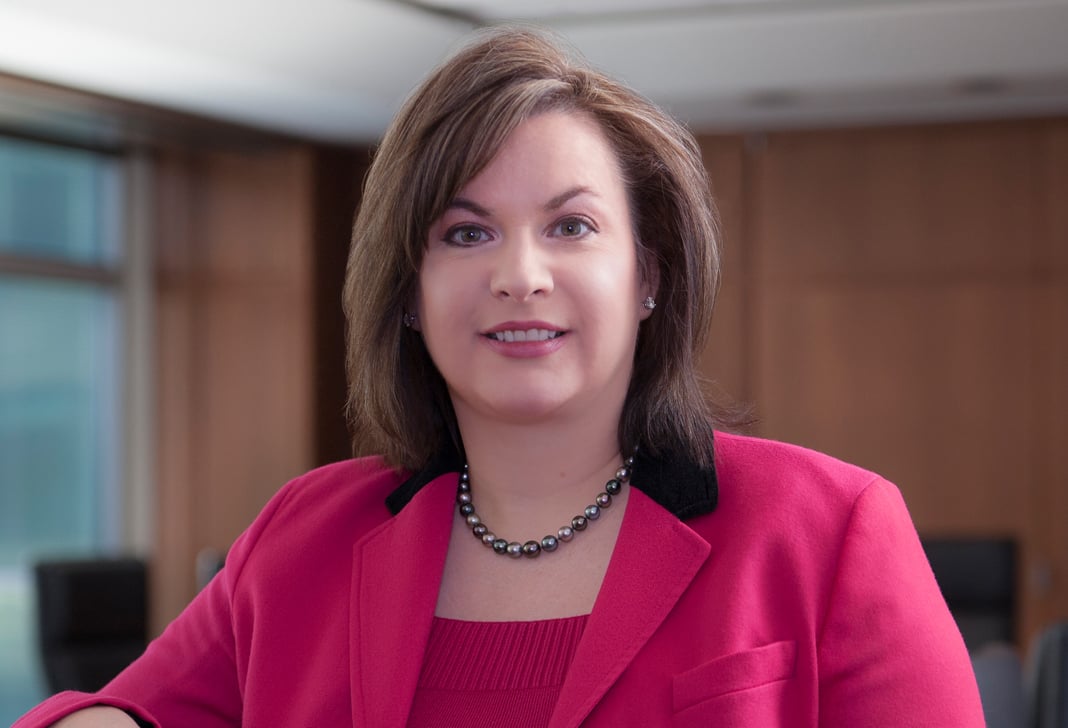
Peabody Energy exits chapter 11 in less than a year
Client(s) Peabody Energy Corporation
Facing unprecedented industry conditions in late 2015 and early 2016, Peabody Energy Corporation, the world's largest private-sector coal company, and 153 of its direct and indirect subsidiaries filed voluntary petitions for relief under chapter 11 of the United States Bankruptcy Code in the United States Bankruptcy Court for the Eastern District of Missouri on April 13, 2016. Jones Day served as lead restructuring counsel to the Peabody Energy entities.
As of the petition date, Peabody had approximately $4.3 billion of secured obligations, $4.5 billion in unsecured indebtedness and $636 million in available liquidity. Peabody also employed approximately 7,100 employees around the world. Primary operations are located in the Western half of the United States and Australia, and the company serves metallurgical and thermal coal customers in more than 25 counties on five continents. In the United States, Peabody's Powder River Basin area in the State of Wyoming contains an estimated three billion tons in proven and probable reserves (the largest of any coal company). Peabody's Australia operations, which were not part of Peabody's bankruptcy case, include metallurgical and thermal mining operations in Queensland and New South Wales.
Over the course of the next 11 months, Peabody negotiated and developed a plan of reorganization that reduced Peabody's debt burden by over $5.2 billion over pre-filing levels. The plan became effective on April 3, 2017, and the next day Peabody was re-listed on the New York Stock Exchange under the "BTU" symbol.
In the end, the plan of reorganization was supported by an overwhelming majority of Peabody's creditors and other interested parties. Notable features of the plan include the: (a) $1.5 billion equity raise through a $750 million rights offering and $750 million private placement; (b) $1.5 billion exit facility; and, the cornerstone of the plan, (c) Global Settlement between and among Peabody and various creditors and other parties in interest. The Global Settlement was a result of months of intensive, hard fought and arms' length negotiations by Peabody, the various plan co-proponents, and the Official Committee of Unsecured Creditors. At its core, the Global Settlement resolved the adversary proceeding captioned Peabody Energy Corporation, et al. v. Citibank, N.A., et al., Adv. No. 16-04068-399 (Bankr. E.D.Mo. 2016) seeking a declaratory judgment to resolve a dispute among the Debtors, their secured lenders and their unsecured creditors regarding the extent of the secured lenders' collateral. However, the Global Settlement also fully and finally resolved a number of related disputes, including disputes over: (a) the value of the Debtors and the allocation of that value between different Debtor Groups; (b) the respective allowance of certain claims and the treatment and recoveries for holders of First Lien Lender Claims, Second Lien Notes Claims and General Unsecured Claims against each Debtor Group and the Unsecured Subordinated Debenture Claims against the parent; (c) the Creditors' Committee alleged causes of action; and (d) the treatment of intercompany claims.
As part of its emergence, Peabody also obtained a resolution of its self-bonding reclamation requirements in Illinois, Indiana, New Mexico, and Wyoming. Self-bonding is a practice whereby a state exempts companies from posting bonds or other securities to cover the cost of reclaiming mine lands. Here, Peabody was able to secure approximately $1.26 billion in commercial surety bonds and enter into the Indiana Surface Mining and Reclamation Bond Pool to fully replace all of Peabody's self-bonds.
Peabody was represented by a Jones Day team led by Heather Lennox, Partner-in-Charge of Cleveland; Amy Edgy and Dan Moss, partners in the Washington, D.C. Office; Tom Wearsch, partner in the Cleveland Office; Mark Cody and Tim Hoffmann, partners in the Chicago Office; Bob Hamilton and Matt Corcoran, of counsel and partner, respectively, in the Columbus Office; and George Howard, a senior associate in New York.
In re Peabody Energy, Case No. 16-42529 (Bankr. E.D. Mo)


